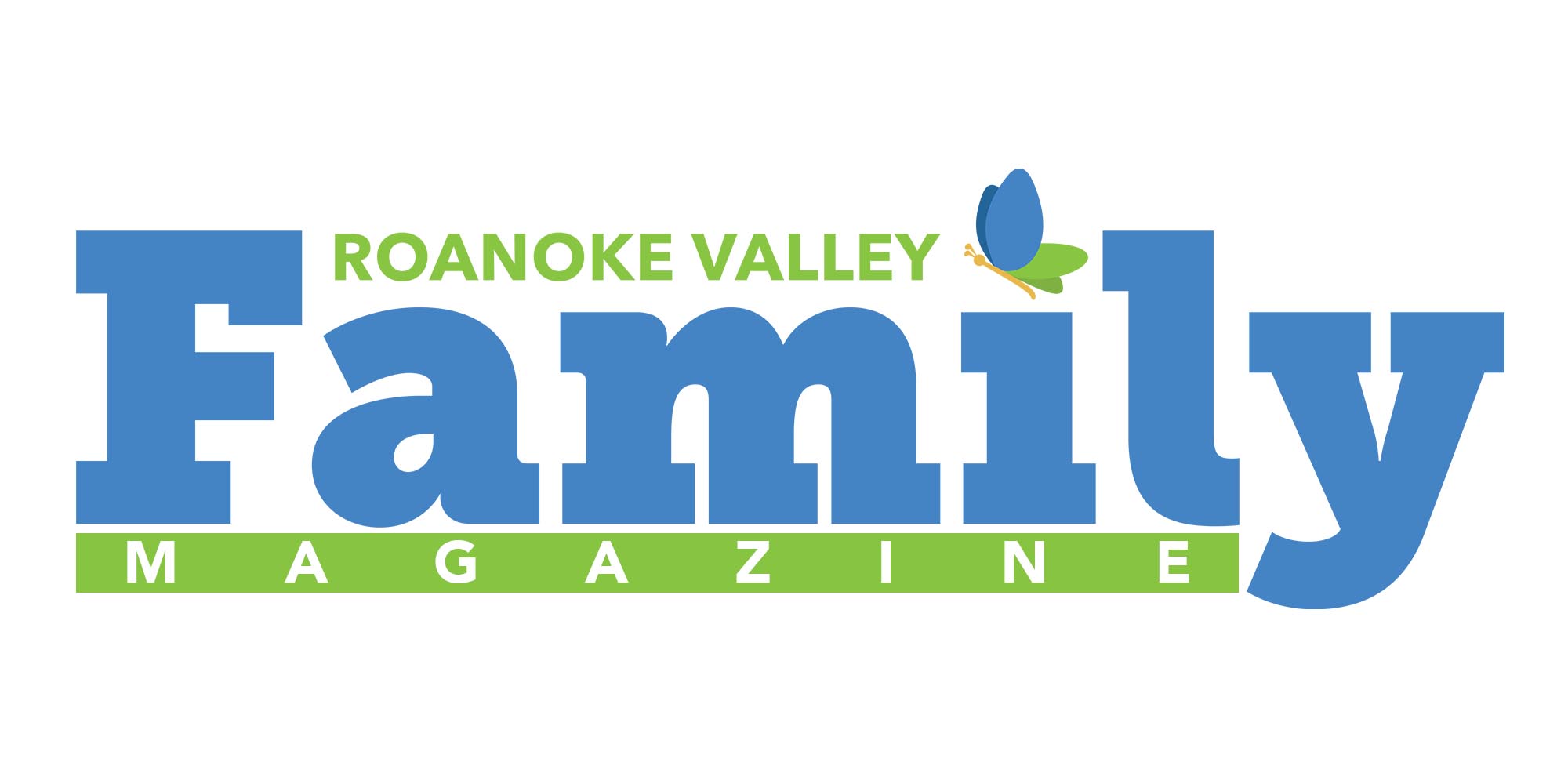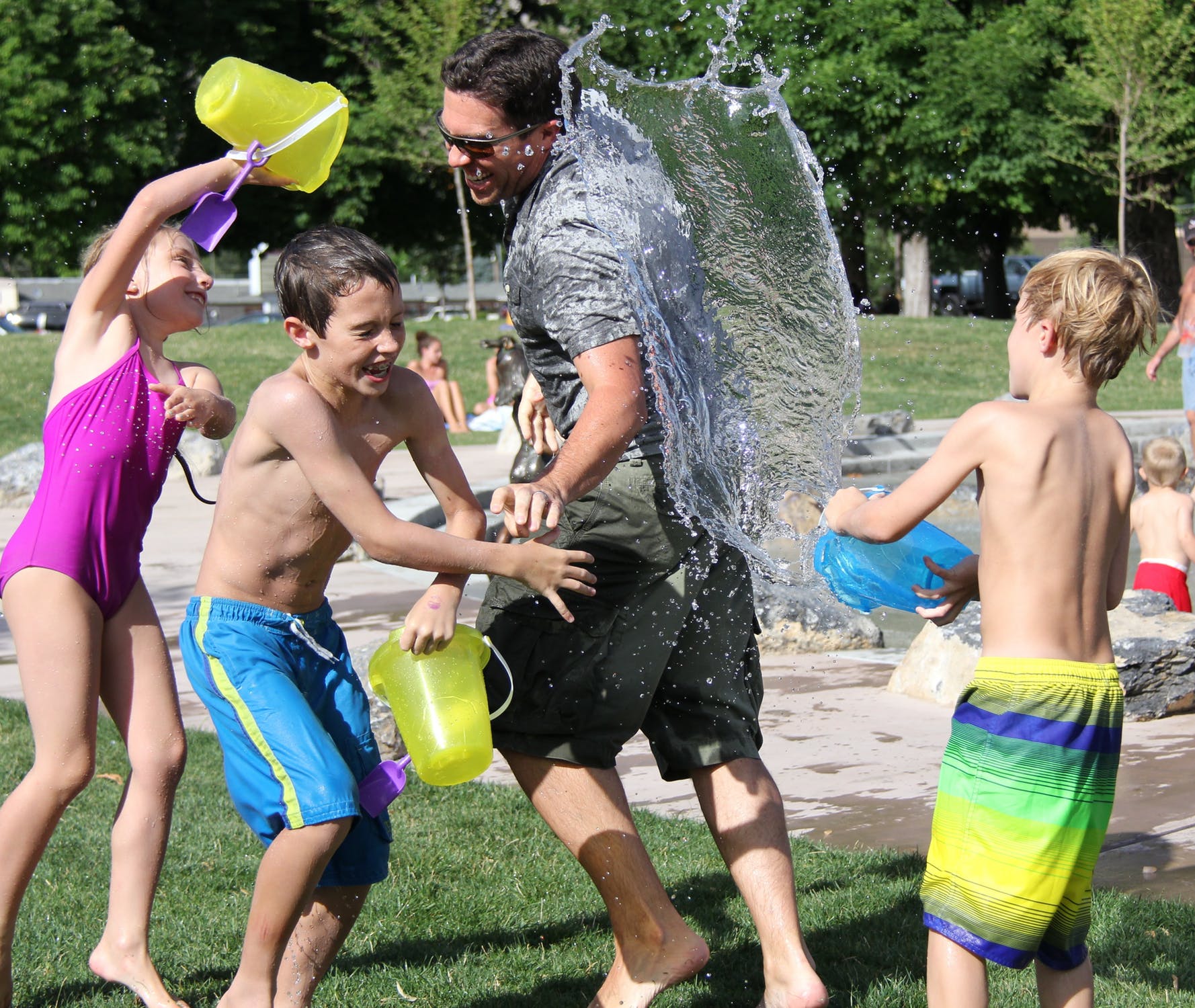Healthy Smiles – Pediatric Dental Health
 For many years, we have all been used to hearing that children were having less and less dental decay. Fluoride had become the norm in our toothpastes and our water supplies. The economy was expanding, and dental insurance was available to numerous families with young children. Public awareness of good oral health and hygiene had improved significantly. In the last few years, however, we are learning that this trend is changing, and dental decay for children is on the rise. Dental decay is the most common childhood disease today in the United States. Since most dental decay is preventable, and treating cavities while they are still small can be so much easier and less costly than waiting, what are we to do?
For many years, we have all been used to hearing that children were having less and less dental decay. Fluoride had become the norm in our toothpastes and our water supplies. The economy was expanding, and dental insurance was available to numerous families with young children. Public awareness of good oral health and hygiene had improved significantly. In the last few years, however, we are learning that this trend is changing, and dental decay for children is on the rise. Dental decay is the most common childhood disease today in the United States. Since most dental decay is preventable, and treating cavities while they are still small can be so much easier and less costly than waiting, what are we to do?
Last month, Dr. Corey Sheppard shared with us the recommendation of the American Academy of Pediatrics (your pediatrician) and the American Academy of Pediatric Dentistry (your pediatric dentist who is recognized by the American Dental Association) that all children should have their first dental examination within six months of the eruption of his or her first tooth, or no later than their first birthday, establishing their own preventive DENTAL HOME. If you work with a dentist who has specialized pediatric training, he or she will be able to offer your child comprehensive age-appropriate care as he or she grows from infancy through the many developmental stages of childhood and the adolescent years in preparation for good dental health throughout their adult life.
There are several ideas to review and a few thoughts to consider as we all work together for the benefit of our children’s dental health. Good oral hygiene that includes proficient brushing and flossing, optimal use of fluoride, a reduction in between-meal snacking, accident prevention and treatment, and appropriate use of xylitol or other sweeteners can offer our children a good chance at being cavity-free as well as help to provide them with pleasant childhood memories of their pediatric dentist.
ADULTS NEED TO BRUSH FOR TWO YEARS AFTER A CHILD CAN WRITE WELL
It is cute watching children as they brush their teeth and attempt to use dental floss, but how well are they doing? Studies show that children receive far more training with printing and writing at school than they receive with brushing their teeth. Also, children cannot see to brush their teeth like they can see to print, write, and color. At best with tooth brushing, they only see themselves in the mirror, and then from a slight distance. Imagine your child having to write, print, or color by looking in a mirror from a distance of several feet. Remember, children’s teeth are about the same size as the spaces on the lined writing paper they use in school, so the manual dexterity, hand-eye coordination, and ongoing practice needed for good brushing are similar to that needed for good writing skills. For these several reasons, children’s brushing skills are at least two years behind their cursive writing abilities. And, their flossing ability is at least another two years behind their brushing ability. So for best results, parents should continue to brush for children until around the 10th birthday, and they should continue with flossing for an additional two or more years.
FLUORIDE
Fluoride is in most of our water supplies, and in non-fluoridated areas, children are able to participate in the fluoride rinse programs at school. Consuming an appropriate amount of fluoride daily, either in your water supply or from a prescribed daily supplement, from the age of six months until the sixteenth birthday can help reduce decay by over 60%. Fluoride use with toothpastes, daily mouth rinses, and weekly school rinse programs can offer another 20% reduction in dental decay. In order to help prevent fluorosis or discoloring of your child’s teeth, avoid allowing children to swallow any of these toothpastes or rinses.
In the coming months, we will review some of the old-faithful ideas of good dental health along with some newer ideas for your child’s dental health. Also, if you have a question that you would like us to address, please let us know.
A. Scott Anderson, III, D.D.S., is a board-certified pediatric dentist. He attended dental school at the MCV-VCU School of Dentistry in Richmond, graduating in 1978. He was awarded the Certificate of Merit by the American Society of Dentistry for Children during graduation ceremonies. He attended Indiana University School of Dentistry and served as a resident in pediatric dentistry at the James Whitcomb Riley Hospital for Children in Indianapolis, completing his two-year specialty training in Pediatric Dentistry. He has practiced pediatric dentistry in the Roanoke valley for over 32 years. He is in practice with David E. Bittel, D.M.D., and Corey J. Sheppard, D.D.S., providing general pediatric dental care along with comprehensive specialty pediatric dental care for your family. You may contact him at 540-989-3639, visit them at 3650 Colonial Avenue, SW, in Roanoke, or visit their web site soon at www.PediatricDentistryRoanoke.com.




